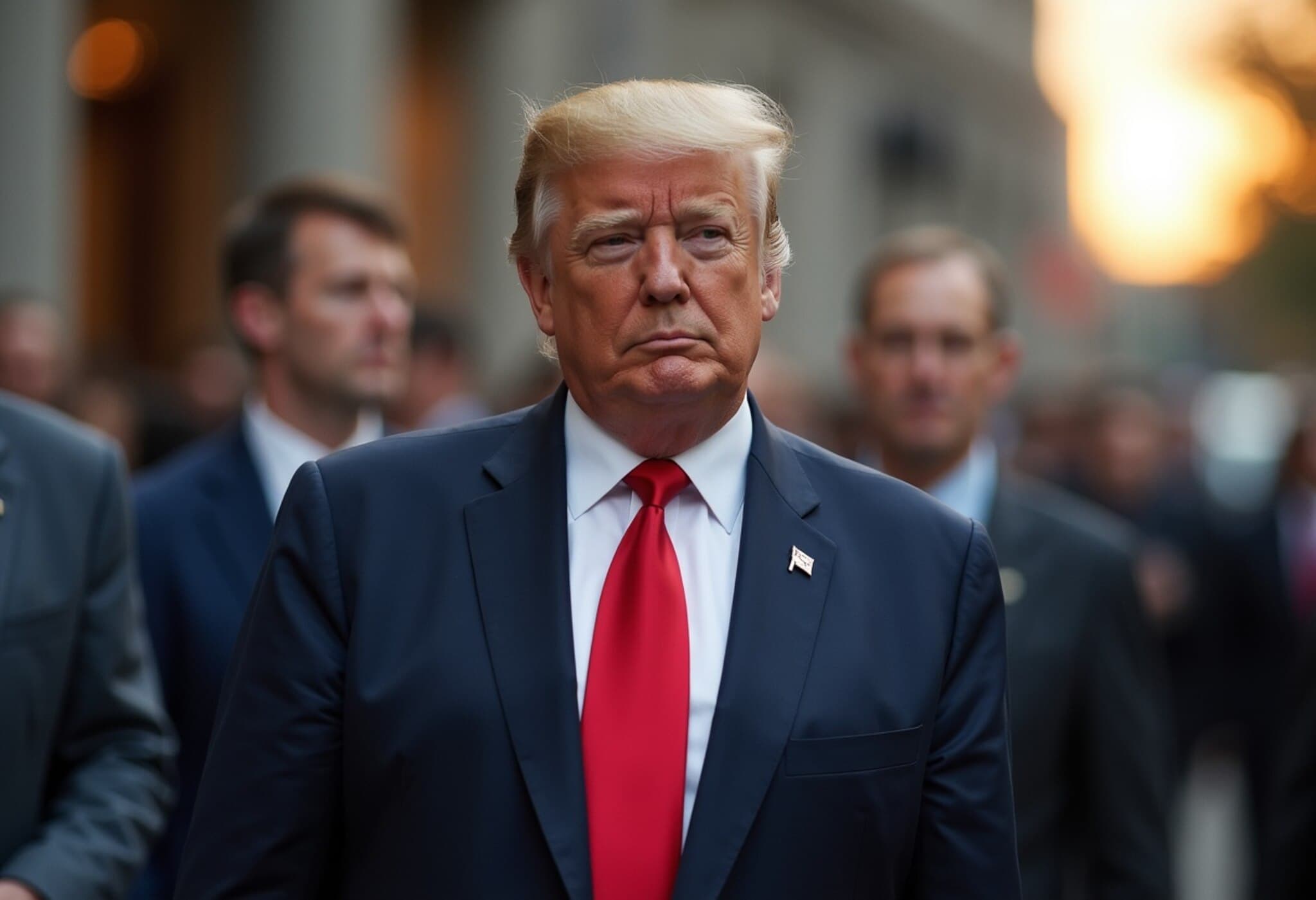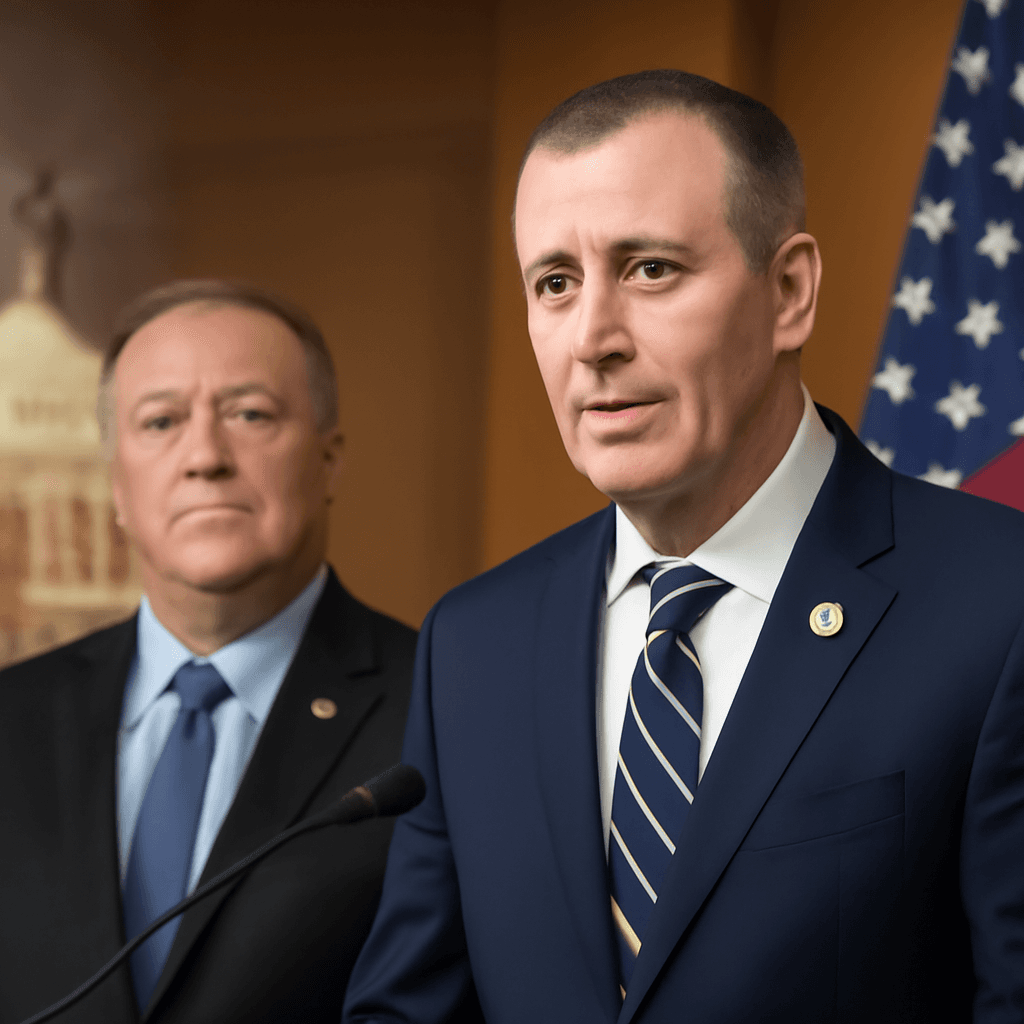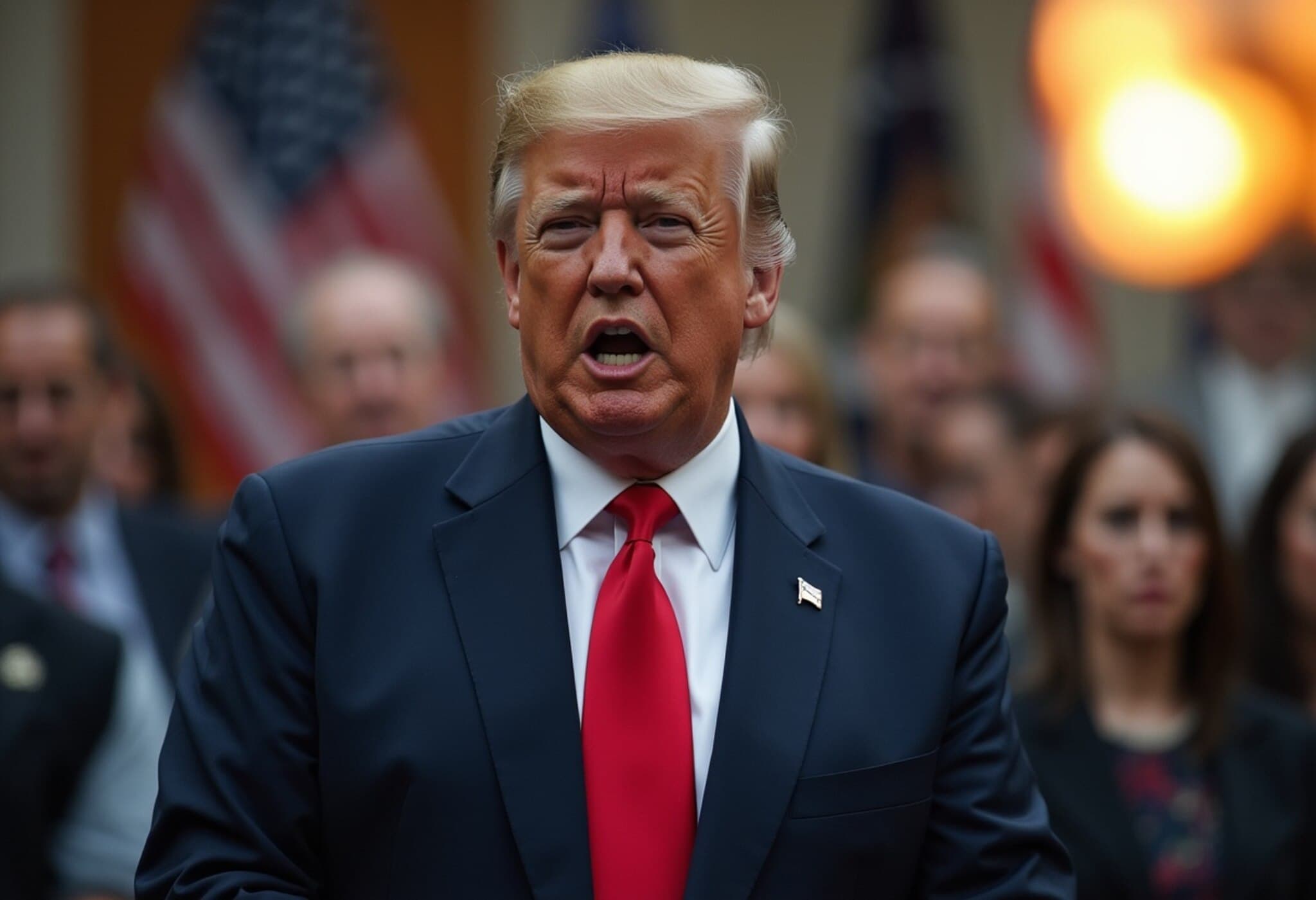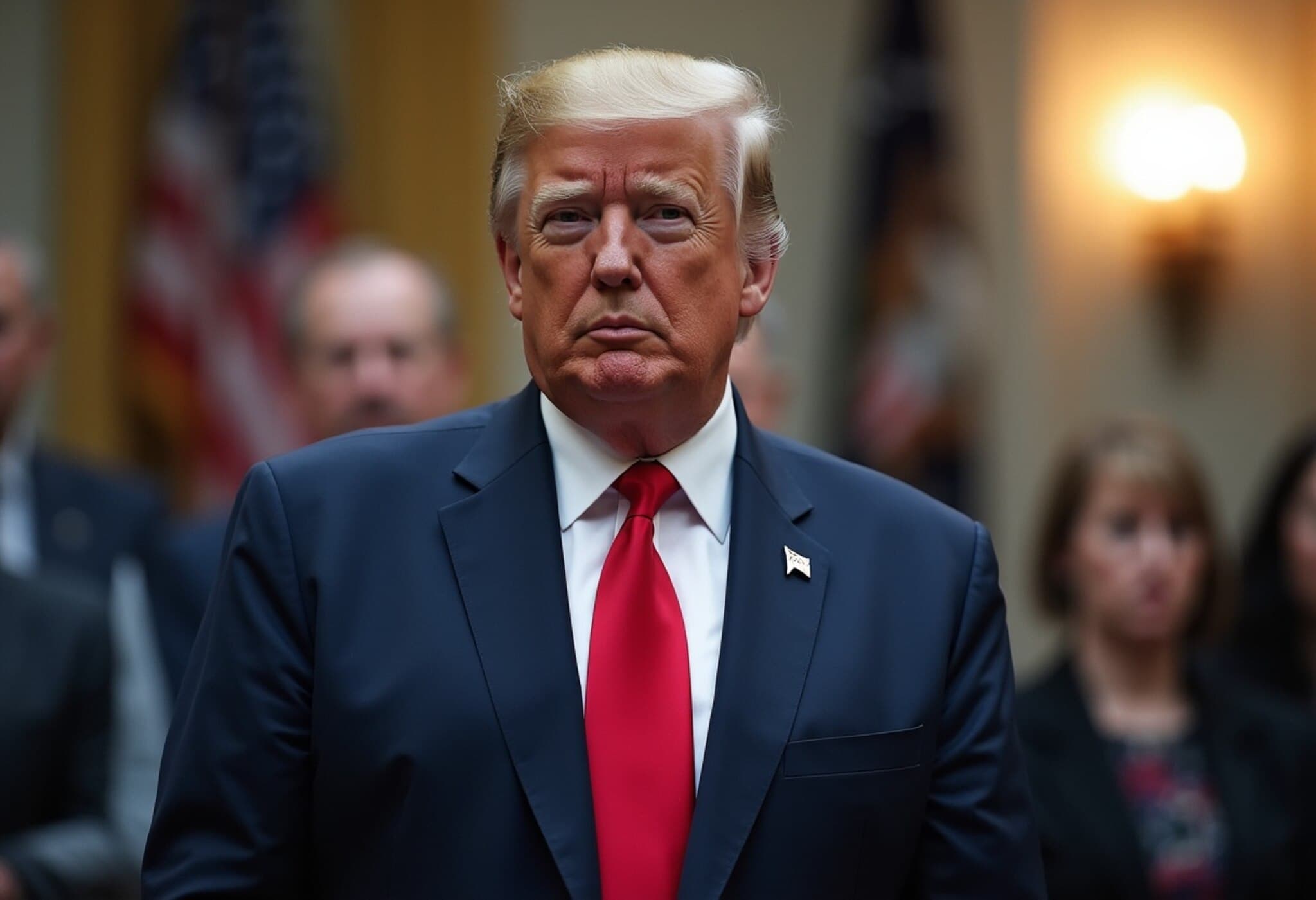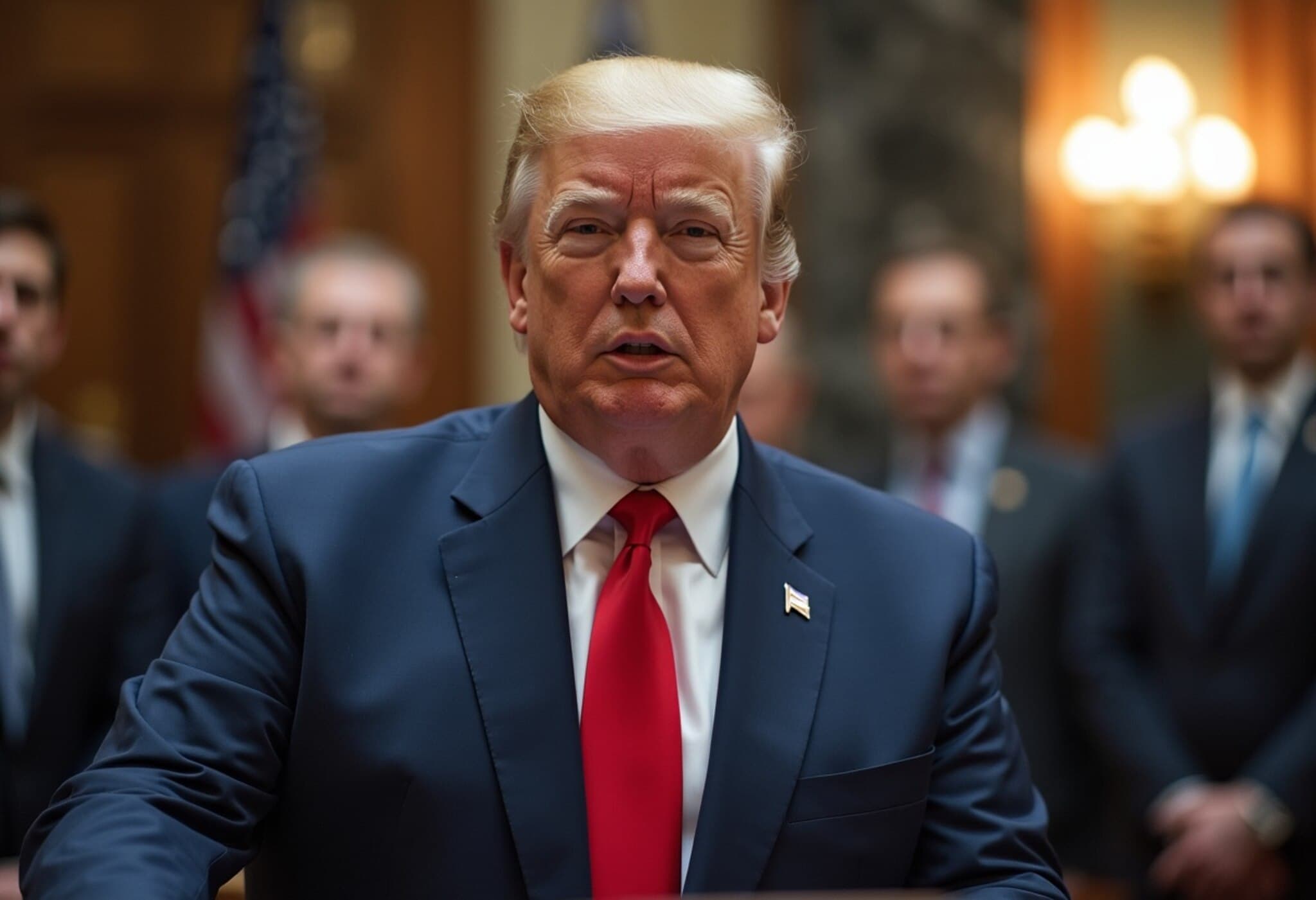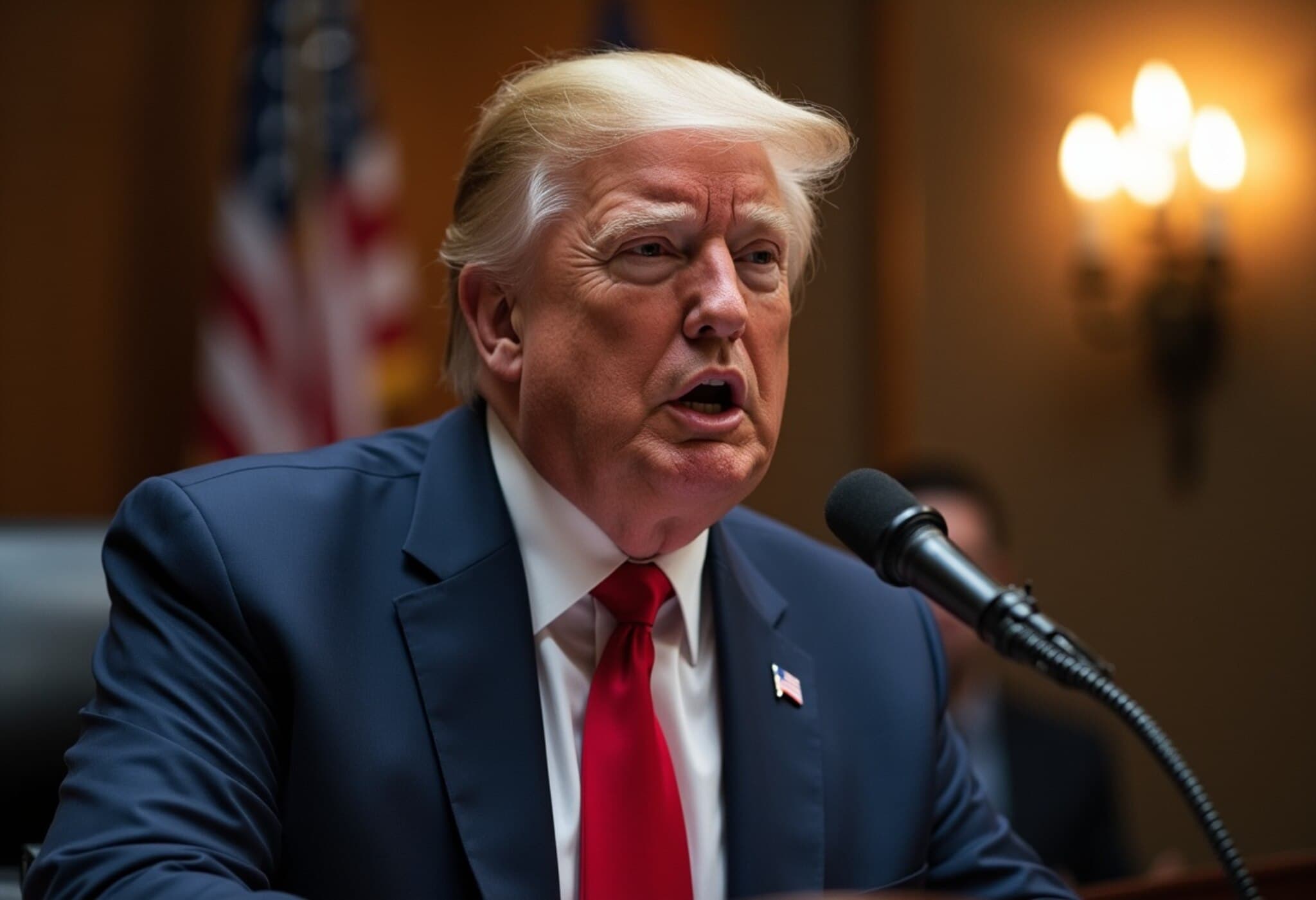GOP Confronts New Legislative Challenge with $9.4 Billion Rescission Bill
Fresh off the success of advancing a landmark "megabill," Republican lawmakers are now navigating a complex and contentious path to approve a rescission package that seeks to cut $9.4 billion in previously authorized federal spending. Spearheaded by former President Donald Trump and endorsed by Elon Musk's Department of Government Efficiency, this plan targets key areas including public broadcasting, foreign aid, and global health initiatives.
Deadline Looms as Senate Prepares for Crucial Vote
The Senate is poised to vote on this high-stakes legislation as early as next week, with a critical July 18 deadline fast approaching. Failure to pass the rescission bill on time would legally obligate the administration to distribute the full originally approved funds, undermining the GOP's push for fiscal restraint. However, internal resistance, even among Republicans, is complicating the path forward.
Key Republican Opposition Highlights Deep Divides
Veteran Senator Susan Collins, an influential Republican member of the Appropriations Committee, has emerged as a vocal critic of the proposed cuts, especially those impacting the President's Emergency Plan for AIDS Relief (PEPFAR). Speaking at a hearing with White House budget director Russ Vought, Collins described the cuts as "extraordinarily ill-advised" and intimated that she may propose a more moderate alternative that shields vital health and humanitarian programs.
Other Republican senators—including Lisa Murkowski, Dan Sullivan, and Mike Rounds—have also raised alarms, primarily over the steep reductions proposed for National Public Radio (NPR) and the Public Broadcasting Service (PBS). Given their constituencies' reliance on these services, particularly in rural and remote areas, some senators are scrambling to draft amendments aimed at protecting these crucial information outlets.
Context: Budget Battles Amid Tight Timeframes and Partisan Strains
This debate unfolds at a pivotal moment as Congress embarks on its annual appropriations cycle with looming September 30 deadlines. After several years of episodic government shutdowns and emergency funding measures, GOP leaders are eager to avoid another sprawling omnibus bill or a short-term continuing resolution.
Nevertheless, the calendar offers limited runway. The impending August recess will reduce valuable negotiating days, intensifying pressure on lawmakers to find common ground swiftly. While the House has made modest progress—passing one appropriations bill and advancing several others—signs of partisan fracture are stark. For instance, a veterans’ affairs funding bill, traditionally bipartisan, narrowly passed with support from only two Democrats, signaling mounting challenges ahead.
What’s at Stake for the Republican Agenda?
Passing this rescission package represents more than just fiscal prudence; it is a litmus test for Republican cohesion in shaping federal spending under the enduring influence of the Trump administration’s priorities. The outcome will reveal how the GOP balances ideological commitments to reduced government with the practical demands of governance and constituent needs.
Expert Insight: Navigating Rescission in Modern Budget Politics
From a policy perspective, rescission bills are powerful but often politically fraught tools. Historically, they have been used sparingly due to the complexity of rescinding previously appropriated funds and the wide-ranging ripple effects on programs and stakeholders. The current effort, therefore, underscores the challenges inherent in scaling back government operations in an era marked by polarized politics and heightened public scrutiny.
Furthermore, targeting global health and foreign aid programs begs critical questions regarding America's role on the world stage and its commitments to humanitarian causes. Cutting funding here risks diplomatic fallout and could undermine longstanding international partnerships, which remain vital in a globally interconnected security and health environment.
Looking Ahead: What to Watch
- Senate vote outcomes: Will GOP fractures lead to bipartisan compromises, or stall the bill?
- Amendments to protect rural broadcasting: Tracking legislative efforts aiming to soften the impact on NPR and PBS.
- Impact on global health initiatives: Monitoring responses from advocacy groups and international partners.
- Congressional negotiations post-August recess: How will this debate influence the broader appropriations process?
Editor's Note
The unfolding battle over this $9.4 billion rescission bill reveals more than fiscal priorities—it illuminates the crossroads at which the Republican Party finds itself between stringent budget-cutting impulses and the practical realities of governance, public service, and global leadership. Observers should watch closely how this contested measure navigates the legislative maze, as it will significantly shape federal spending and political dynamics heading into the next fiscal year.

